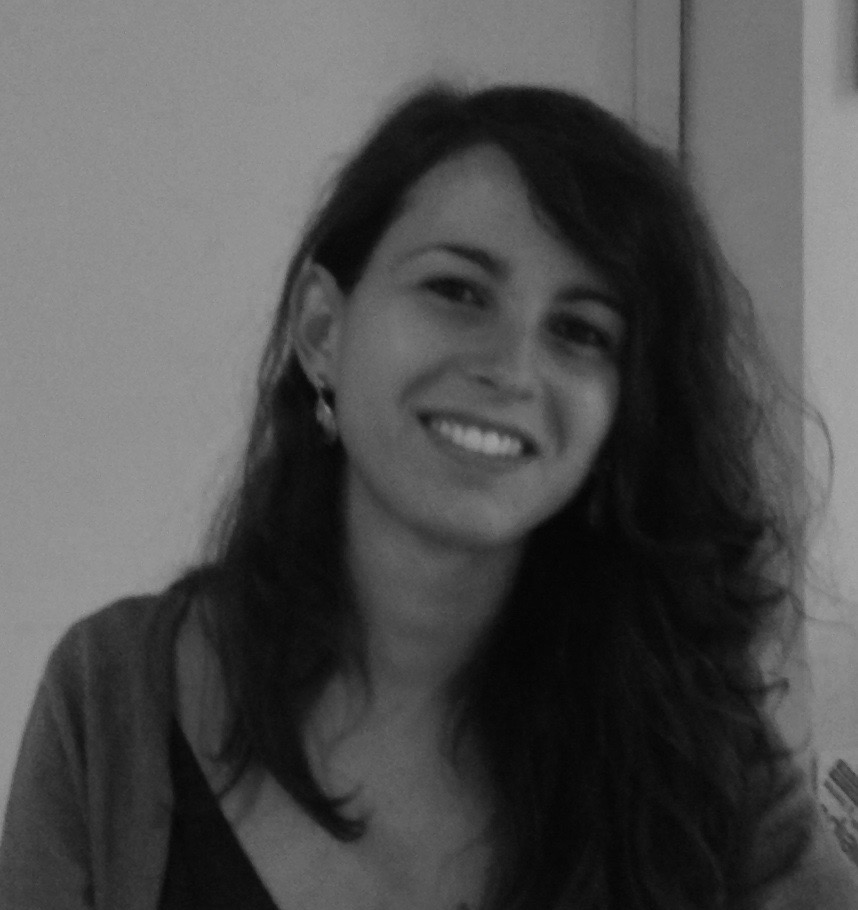Name: bioMASON
Plus: Construction materials grown from bacteria at room temperature
Sector: New Materials
Characteristics: bioMASON employs natural microorganisms for the production of industrial materials used in the construction sector, which reduce CO2 emissions and reliance on fossil fuels and water resources
 |
|
bioLITH™ thin masonry unit product, which was launched last year. Photo courtesy of bioMASON, Inc
|
In 2012, US architect Ginger Krieg Dosier founded bioMASON, a startup that aims to grow construction materials from organic matter. Dosier draws inspiration from a study of coral structure: a very hard cementitious material created naturally in the sea with very little energy and material input.
Just as occurs with corals, bioMASON employs natural microorganisms to grow a durable cement at room temperature. The presence of bacteria in the bricks allows for hardening and the formation of biologically controlled cement, thus eliminating the baking phase. In this way, CO2 emissions and reliance on fossil fuels are reduced and materials can be produced on site.
In the process created by bioMASON, sand is mixed into a mould with bacteria, which are fed with a water solution and calcium ions. This enables the bricks to harden without using kilns (where they are normally kept for 3 to 5 days).
There is a widespread brick production in Asia, especially in India and Bangladesh, which is a traditionally small scale and informally managed industry. In Bangladesh, furnaces for bricks are responsible for 30-50% of particulate emissions, which cause cardiovascular and respiratory diseases and even death. A single furnace can emit up to 48,000 kg of carbon monoxide (CO) in just one season. According to a study by the World Bank, in Bangladesh brick production is second only to traffic as a source of pollution.
From an energy perspective, brick production is a very costly business both in terms of the extraction and transport of raw materials, as well as for fuelling kilns. Furthermore, it generates air pollutants, particulate matter (PM), CO and Co2.
World Bank, Introducing energy-efficient clean technologies in the brick sector of Bangladesh, 2011, Washington, DC.


